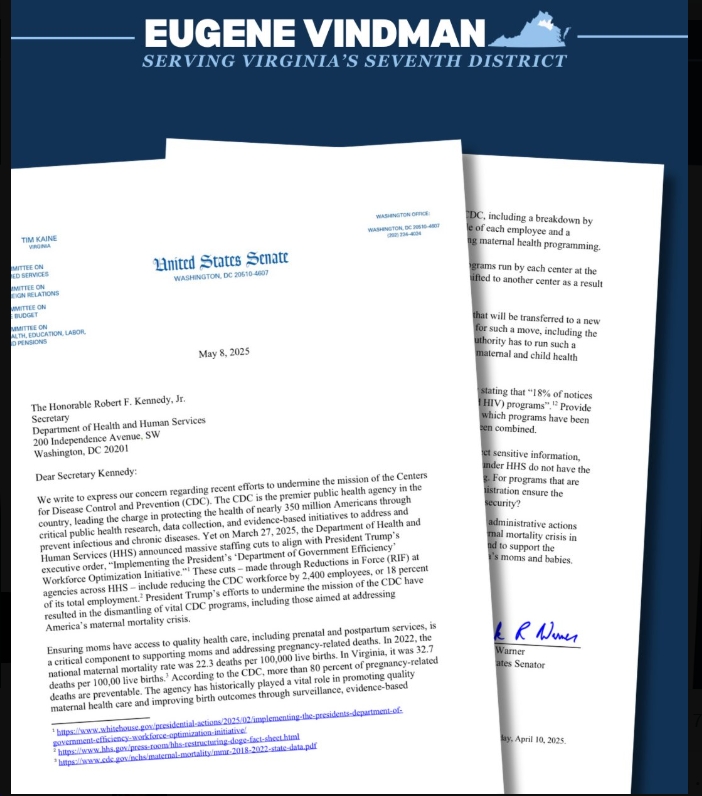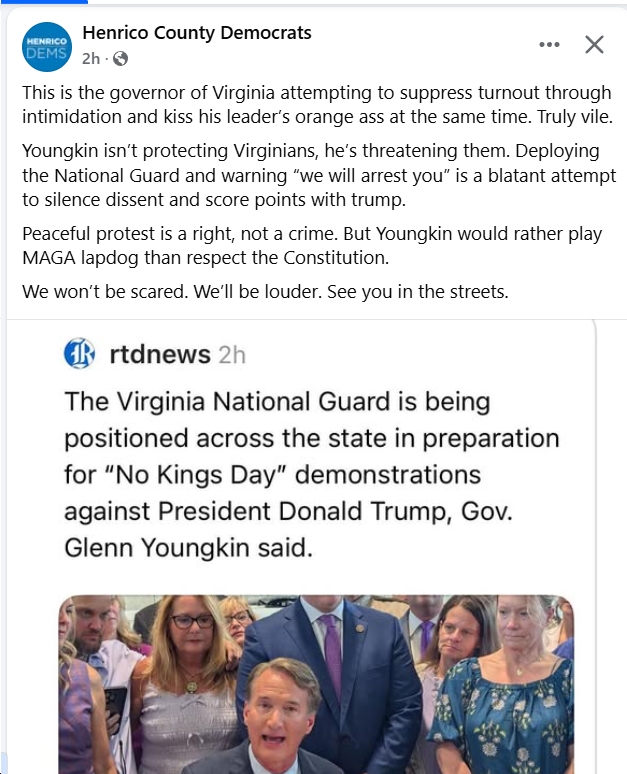by Emma Brown
In early February, a group of women from Hillary Clinton’s 2016 campaign founded First Ask, a non-profit dedicated to identifying and recruiting progressive women for office at local and state levels. Frustrated by the lack of women slotted for top-tier state legislative races in battleground states, the group seeks to close the gender gap in national politics by getting back to the ground.
As of this week, First Ask has launched its first two candidates in Virginia. Melissa Dart (HD-56) and Karen Hyland (HD-28) are both running for the Virginia House of Delegates.
First Ask uses data-driven organizing to identify women who are already leading in their communities. In particular, it looks for the people who traditional recruitment models might miss – women who don’t self-select into training programs or online portals, but who would make fantastic candidates if asked. Research shows that women need to typically be asked a number of times before agreeing to run for office – but once in the ring, are just as likely to win as their male counterparts.
Working with groups like Emerge America, EMILY’s List, Deck Apps, and the House Democratic Caucuses in each target state, First Ask identifies a mix of competitive districts and historically uncontested ones. Then its organizing team reaches out to each community’s local elected officials and progressive organizers for help identifying potential candidates. Working with that existing progressive infrastructure, the organization lines up recruiters in each district to encourage an individual to run. Once she has agreed, First Ask connects the candidates with both state and national partners for help with training, analytics, campaign management, and funding.
This year, First Ask has focused on the Virginia House of Delegates. Founded with 40 days to the Virginia filing deadline, it has recruited and supported three women for the 2017 elections. Looking ahead, First Ask plans to expand across the country, and down-ticket – using organizing to recruit women for school board races, county commissioner seats, and city councils. Ultimately, it makes the case that if Democrats are trying to take back key seats ahead of 2020 redistricting, why wouldn’t they do it with women?

















